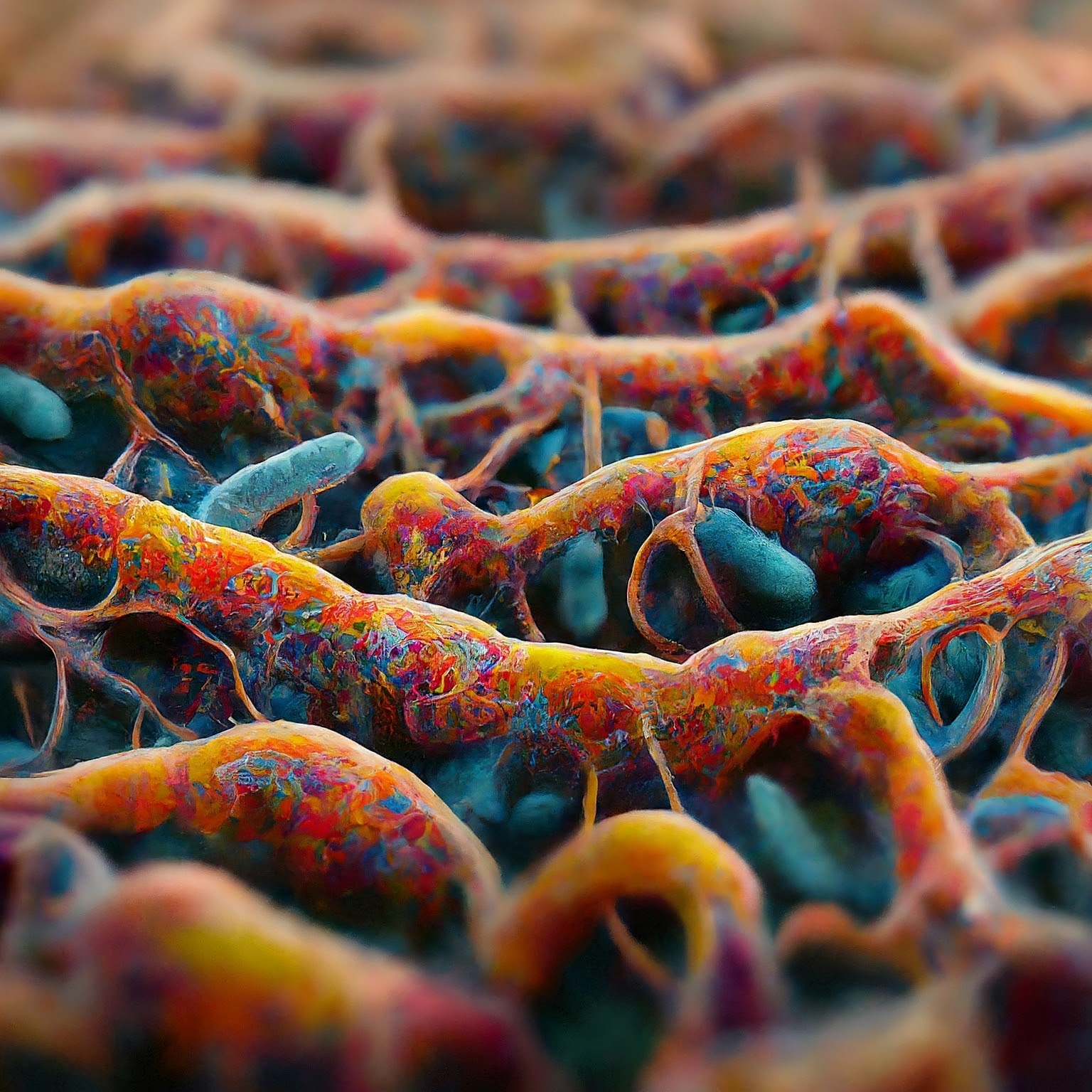The mix of microorganisms in the stomach can affect the symptoms of hypopituitarism in mice, according to research from the Francis Crick Institute.
Additionally, they demonstrated that aspirin might alleviate the symptoms of hormone insufficiency in these animals.
The condition known as hypopituitarism, in which the pituitary gland produces insufficient hormones, is caused by mutations in the Sox3 gene. It may lead to poor reactions of the body to stress, infertility, and issues with development.
Their findings were published in the journal PLOS Genetics.
When Sox3 was taken out of mice, researchers at the Crick Institute saw that the mice became hypopituitarians at the point when they were weaning (beginning to consume solid food).
They discovered that Sox3 mutations mostly impact the brain’s hypothalamus, which gives the pituitary gland hormone release instructions. That being said, since the gene is generally expressed in a variety of brain cell types, the first step was to determine which particular cells were most impacted by its absence.
The researchers found less so-called NG2 glia, which raises the possibility that these—which were previously unknown are essential in causing the pituitary gland cells to develop around weaning. This may account for the related effect on hormone synthesis.
The mice were subsequently given a modest dosage of aspirin by the researchers for a period of 21 days. As a result, the mice’s hypopituitarism symptoms were alleviated and the quantity of NG2 glia in the hypothalamus increased.
The results imply that aspirin should be investigated as a possible therapy for individuals with Sox3 mutations or other conditions where the NG2 glia are damaged, even if it is unclear how aspirin had this impact.
Mice with Sox3 mutations were among the embryos that were moved from the previous facility to the new one when the National Institute for Medical Research (NIMR) and the Crick amalgamated in 2015.
The scientists were shocked to see that these mice no longer exhibited the anticipated hormone shortages when they reached the weaning stage at the Crick.
Lead author Christophe Galichet analysed the microbiome—a population of bacteria, fungus, and viruses that inhabit the gut of the mice from the Crick and the NIMR, finding various variations in both the composition and diversity of the microbiome after looking into a variety of potential explanations. This can have resulted from the relocation’s accompanying circumstances, the shift in nutrition, or the aquatic habitat.
Additionally, he looked at the Crick mice’s NG2 glia numbers, which were likewise normal. This data suggests that the microbiome that the Crick mice were fed may have some sort of protective effect against hypopituitarism.
In order to validate this hypothesis, Christophe implanted excremental matter from NIMR mice into Crick mice, and saw that the Crick mice exhibited hypopituitarism symptoms once more and had less NG2 glia.
The scientists come to the conclusion that the composition of the gut microbiome is an example of a significant environmental factor having a significant influence on the consequences of a genetic mutation, in this case influencing the function of the pituitary and hypothalamus, even though the precise mechanism is unknown.
It was a huge surprise to find that changes in the gut microbiome reversed hypopituitarism in the mice without Sox3. It’s reinforced to me how important it is to be aware of all variable factors, including the microbiome, when working with animals in research and how nurture can influence nature.
Christophe Galichet
Hypopituitarism can result from trauma as well as rare mutations, and it can have some profound effects on health in general. As well as suggesting potential options for treatment, our work reinforces how important the gut-brain link is. The next step for this research will be to work out exactly how aspirin and the microbiome influence NG2 glia, and then study this effect in people so we can see if these relatively accessible interventions could help treat hypopituitarism.
Robin Lovell-Badge
Source: The Francis Crick Institute – News and Report
Journal Reference: Galichet, Christophe et al. “Hypopituitarism in Sox3 null mutants correlates with altered NG2-glia in the median eminence and is influenced by aspirin and gut microbiota.” PLoS genetics vol. 20,9 e1011395. 26 Sep. 2024, DOI: 10.1371/journal.pgen.1011395.
Last Modified:




